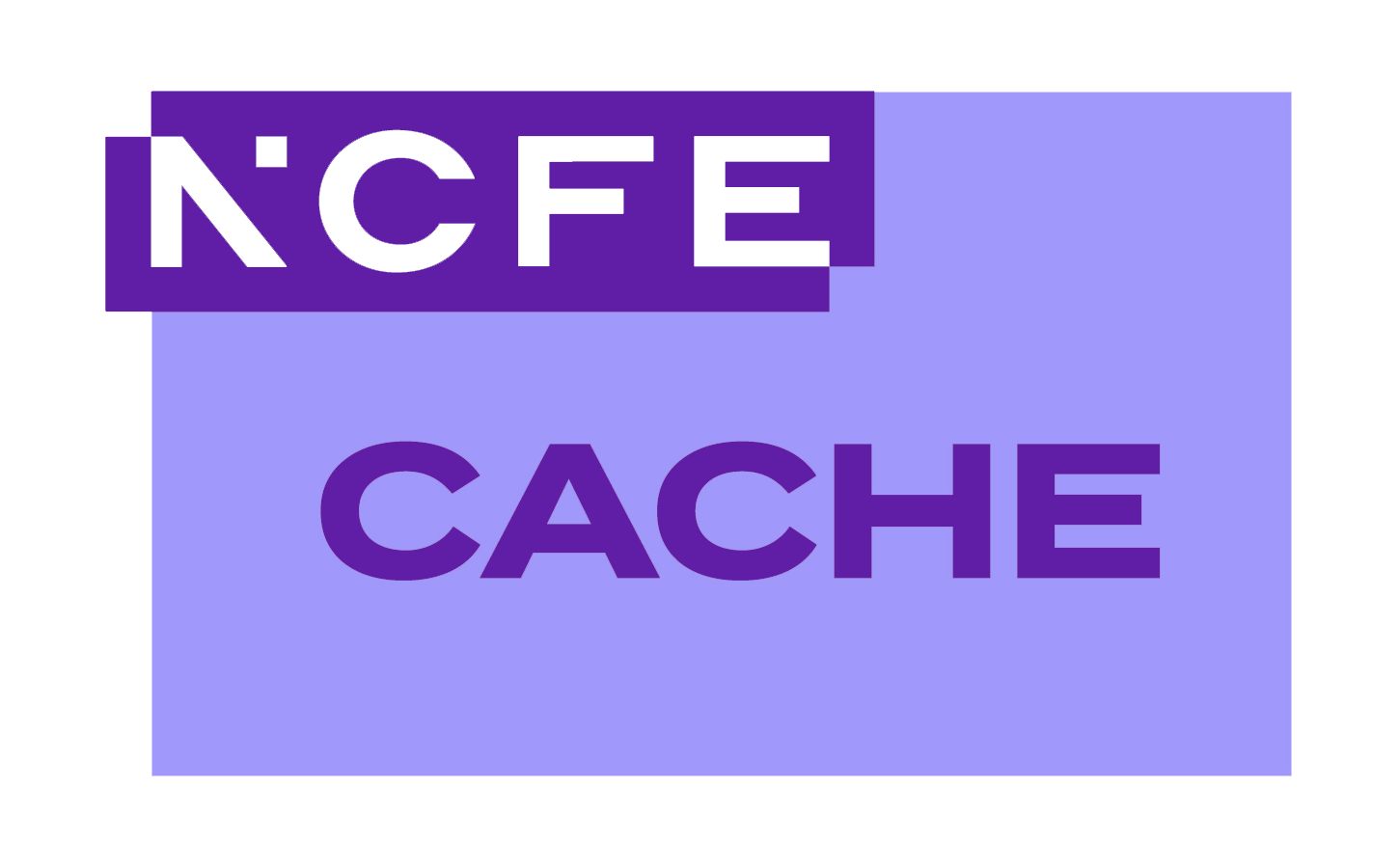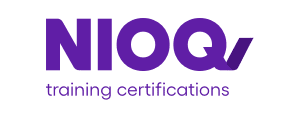Why you can trust the Association of Learning
The Association of Learning provides high-quality, accessible online education. Collaborating with awarding bodies like AQA, Edexcel and OCR, they offer...

This bundle includes everything you’d learn with a Level 2 certification, but makes you even more marketable with an advanced Level 3 Certification in Supporting Teaching and Learning, bringing you closer to your career in education.
NCFE CACHE Level 2 and 3 Certificate in Supporting Teaching and Learning (RQF)
Choose a study format
Choose a way to pay
The NCFE CACHE Level 2 and 3 Certificate in Supporting Teaching and Learning (RQF) is an ideal qualification for those who are interested in becoming a teaching assistant. By successfully finishing these courses, you will achieve the status of a qualified teaching assistant.
During the courses, you will gain the knowledge and skills required to provide effective support to students in primary, secondary, or SEN schools with their educational pursuits.
You will study the key developmental stages that occur from birth to age 19 in the Level 2 programme. You’ll discover how to build wholesome relationships with children and teenagers, communicate with them clearly, and support them as they engage in educational activities, in addition to learning about other safety and wellbeing measures. In addition to assisting students in subjects like mathematics, English, and ICT. The Level 3 curriculum will cover topics like encouraging positive behaviour in children and young people.
This qualification must be undertaken in England only.
Created by NCFE CACHE, this nationally recognised qualification can help you to achieve an excellent knowledge qualification in supporting teaching and learning. By working to broaden your understanding and comprehension of educational environments – and the expectancies of teaching assistants – you can harness these tools to progress your current career.
More importantly, it can help you in your aspirations of becoming a teaching assistant, special teaching needs assistant, learning support assistant and more.
Part One: NCFE CACHE Level 2 Certificate in Supporting Teaching and Learning (RQF)
Qualification Number: 603/2476/4
Unit 1: Understand Schools and Colleges as Organisations(H/616/5424, unit level: 2; GLH: 21 Hours; Credits: 2)
Unit 2: Understand Children and Young People’s Development (K/616/5425, unit level: 2; GLH: 20 Hours; Credits: 3)
Unit 3: Safeguarding Children and Young People (F/616/5429, unit level: 2; GLH: 20 Hours; Credits: 3)
Unit 4: Equality, Diversity and Inclusion in a Learning Environment for Children and Young people (K/616/5442, Unit Level: 2; GLH: 30 Hours; Credits: 3)
Unit 5: Maintain Relationships with Children and Young People (M/616/5443, Unit Level: 2; GLH: 30 Hours; Credits: 3)
Unit 6: Support the Health and Safety of Children and Young People (M/616/5457, Unit Level: 2, GLH: 30 Hours; Credits: 3)
Unit 7: Support Positive Behaviour in a Learning Environment for Children and Young People (M/616/5460, Unit Level: 2; GLH: 30 Hours; Credits: 4)
Unit 8: Contribute to Teamwork in a Learning Environment (A/616/5462, Unit Level: 2; GLH: 30 Hours; Credits: 4)
Unit 9: Understand Children and Young People’s Play and Leisure (J/616/5464, Unit Level: 2; GLH: 20 Hours; Credits: 3)
Unit 10: Promote an Effective Learning Environment (R/616/5466, Unit Level: 2; GLH: 30 Hours; Credits: 3)
Unit 11: Provide Displays in a Learning Environment (D/616/5468, Unit Level: 2; GLH: 15 Hours; Credits: 2)
Part Two: NCFE CACHE Level 3 Certificate in Supporting Teaching and Learning (RQF)
Qualification Number: 603/2498/3
Unit 1: Schools and Colleges as Organisations (T/616/5878, Unit Level: 3; GLH: 15 hours; Credits: 2)
Unit 2: Support Health and Safety in a Learning Environment (A/616/5879, Unit Level: 3; GLH: 20 Hours, Credits: 3)
Unit 3: Understand how to Safeguard Children and Young People (M/616/5880, Unit Level: 3, GLH: 25 Hours; Credits: 4)
Unit 4: Develop Professional Relationships with Children, Young People, and Adults (T/616/5881, Unit Level: 3; GLH: 15 Hours; Credits: 2)
Unit 5: Understand how Children and Young People Develop (A/616/5882, Unit Level: 3; GLH: 25 Hours; Credits: 3)
Unit 6: Support Positive Behaviour in Children and Young People (F/616/5883, Unit Level: 3; GLH: 30 Hours; Credits: 4)
Unit 7: Support Children and Young People During Learning Activities (J/616/5884, Unit Level: 3; GLH: 30 Hours; Credits: 4)
Unit 8: Support English and Maths Skills (L/616/5885, Unit Level: 3; GLH: 30 Hours; Credits: 4)
Unit 9: Support the use of ICT in the Learning Environment (M/616/5958 Unit Level: 3; GLH: 20 Hours; Credits: 3)
Unit 10: Support Assessment for Learning (J/616/5965, Unit Level: 3; GLH: 20 Hours; Credits: 3)
Unit 11: Engage in Personal and Professional Development (L/616/5966, Unit Level: 3; GLH: 20 hours; Credits: 3)
All units are evaluated internally. Assessment allows the learner’s workplace practice to serve as evidence for both individual units and the entire qualification. These courses require an evaluation of your practical skills in your workplace. It is critical that you find a placement with a suitably qualified teacher and workplace assessor who can observe you, comment on your skills, and produce a report to fulfil the assessment criteria. This observation will be used to support your qualification. Assessment methods might include:
To show competence in skills and knowledge, you will need to complete a work placement of a minimum 100 hours at a school or college.
Please note that this qualification must be completed in England only.
To enrol onto this course you will need to be at least 16 years old, and have a placement within a school setting (in the UK). This can be a working, volunteering or practical placement (that follows the National Curriculum for Key stage 1 or above), where you can show your competency in both knowledge and skills. The teachers you work alongside must be suitably qualified (QTS) so that they can act as an assessor and sign off on any additional evidence that you can supply from your placement.
It is also recommended that you’re fluent in English Language and have basic IT skills.
Upon completion of this course you will receive a Level 2 Certificate in Supporting Teaching and Learning, and a NCFE CACHE Level 3 Certificate in Supporting Teaching and Learning. This means that you will achieve both a Level 2 and Level 3 qualification on The Regulated Qualifications Framework (RQF) for England, Wales and Northern Ireland. You will be qualified to work as a teaching assistant.
NCFE CACHE is the UK’s only specialist awarding organisation for the children and adult care sectors. They offer the most up-to-date and relevant qualifications for the new RQF, and work with Sector Skills Councils to ensure high quality and cutting edge service is supplied to their customers, learners and the sector itself.
We take pride in helping our students at all stages of their development, so whilst this course may be designed for home study, you can enrol rest assured that you’ll be fully supported. For this course bundle, you’ll receive 12 months of tutor support, who will always be on hand to lend you their advice, guidance and instruction. On top of this, they will lend their expertise to your written assignments, providing you with valuable feedback and tips.
Similarly, our student support team are only a click away, meaning you never have to feel alone in your studies.
This is a question that our team are often asked, there are many reasons but here are the main reasons to choose Association of Learning:
If you need any more reasons to choose Association of Learning, contact our team!
You have 12 months to complete your course, however you can complete at a faster pace without any additional costs. Some of our students have managed to complete in as little as 3 months!
This is a government-regulated qualification, with certification provided by an Ofqual-regulated awarding body.
There are two payment options, pay in full for your course or monthly. Our monthly payment option allows you to spread the cost of your course over a number of months.
If you choose to pay using a payment plan, to apply you must be able to answer yes to the following:
No, this course is assignment based, which means you will not have to complete any exams. If your assignment doesn’t pass first time, you can retry as many times as you need within your 12 months support period.
No, this is a distance learning course, which means your assessments will be submitted and marked using our online LMS (Learner Management System).
Unlike other providers, Association of Learning use a fast-track system to get your certificate to you within six weeks (our average is two weeks).

Rated #1 on Trustpilot
Study A Levels, GCSEs, Qualifications, and Endorsed Courses
14-day money-back guarantee (terms apply)
Study at your own pace in your own space, without pressure
Full 1-2-1 tutor support on all courses every step of the way
We guarantee to match prices (plus 5% extra off on top)
We are open 9am–10pm, 7 days a week, to help our learners
Our courses are accredited by independent awarding bodies
Get 0% finance on many of our courses
Free business start-up short course with every purchase
Why you can trust the Association of Learning
The Association of Learning provides high-quality, accessible online education. Collaborating with awarding bodies like AQA, Edexcel and OCR, they offer...



© 2025 Association Of Learning
| Terms & Conditions
| Privacy Policy
| LMS Login
| 4 Trinity Square, Llandudno, LL30 2PY
|  0333 344 2126
0333 344 2126




